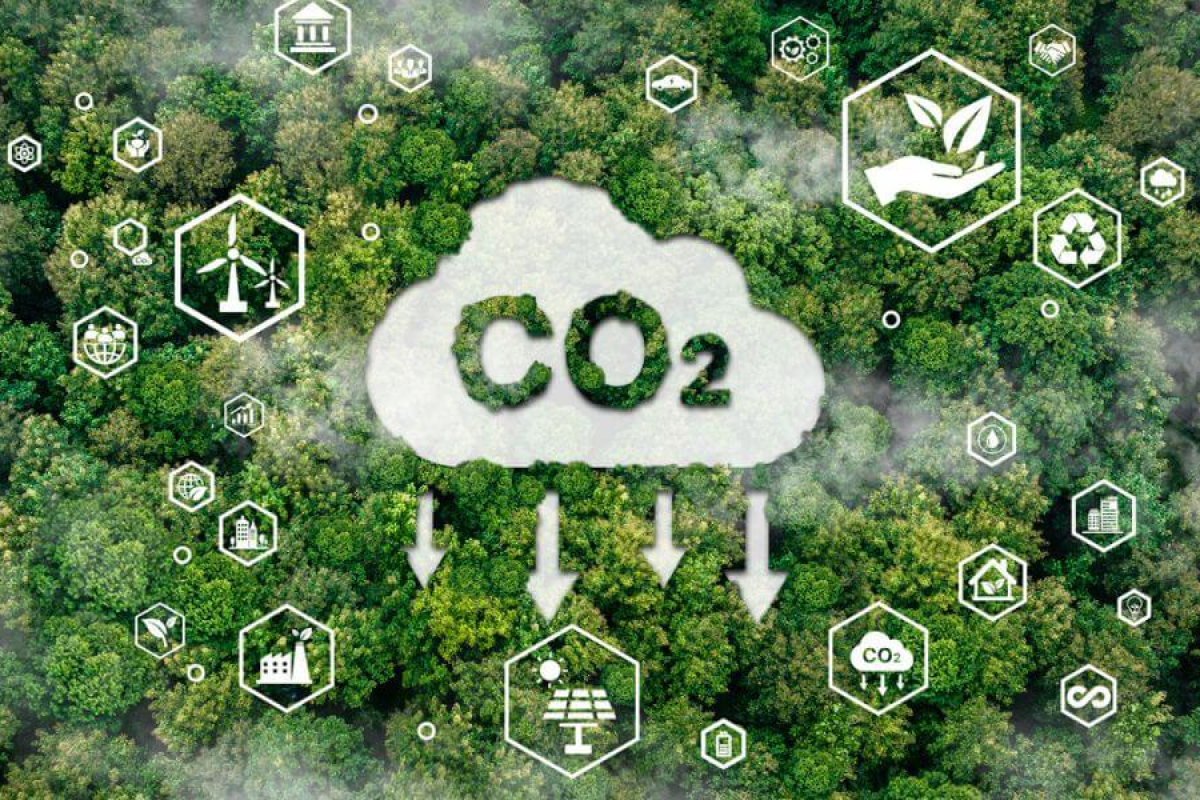A team from the USC Viterbi School of Engineering and Penn State College of Earth and Mineral Sciences, led by Behnam Jafarpour, professor of chemical engineering and material science at USC, has received funding from the National Science Foundation to establish a center for CO2 Storage Modeling, Analytics and Risk Reduction Technologies (CO2-SMART). CO2-SMART will be dedicated to innovation in geologic sequestration of carbon dioxide as a technology to enable industrial decarbonization at scale. The team will lead the charge in advancing safe and cost-effective geologic CO2 storage science and technologies by establishing a cooperative research program among university partners, government, industry, national labs and foundations.
CO2 emissions are a major contributor to climate change. Many industries are among large point sources of CO2 emissions. One solution to significantly reduce such emissions is to capture the CO2 before it is released into the atmosphere. The captured CO2 is transported (via ship or pipeline) to a suitable storage site and injected into deep saline aquifers (typically over a kilometer underground) that are sealed by layers of impermeable natural rocks known as caprock.
Implementing this technology at commercial scale involves several technical and practical challenges, including accurate understanding and prediction of the complex CO2-fluid-rock interactions, improved economics of field development and operation, reliable and practical regulatory frameworks to ensure safe and permanent storage of CO2 underground and a skilled workforce to implement and manage geologic CO2 storage projects. Successful implementation of the geologic CO2 storage technology calls for an interdisciplinary approach with collaborations among key stakeholders (including CO2 emitters, injection site operators, service companies and regulators) and scientists from various disciplines.
